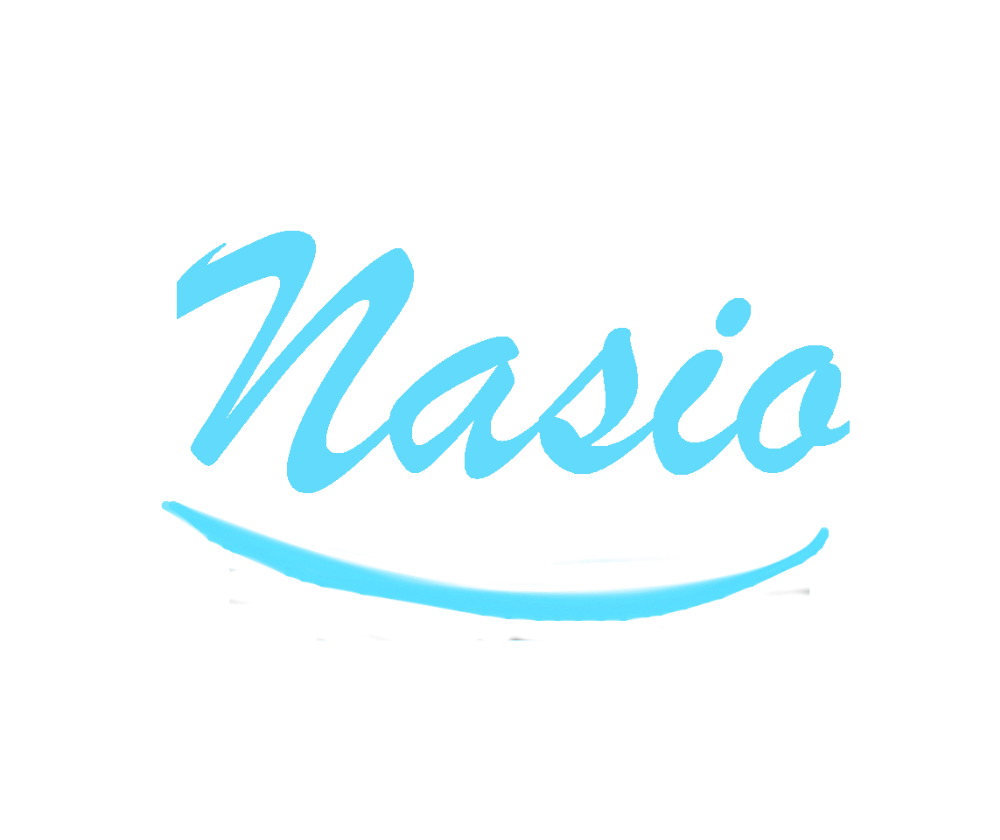It’s the first question pretty much any writer would normally ask anyway, and it concerns what to write about.
Do You Know What to Write About?
Let us start with one thing, and make it perfectly clear. Your writer website is (spoiler alert!) not your personal blog. Rather, it is a marketing tool.
Oh, and by the way, your Twitter stream, your author Facebook page and/or group, and BookTok? Guess what? They’re marketing tools as well!
This is not to say that you can never, ever be sociable. Actually, you should.
But there’s a line between sociable and confessional. For the most part (albeit not necessarily always), you do not want to cross it.
Consider What to Write About as You Consider Where that Writing is Actually Going
Er, what?
What happens to your blog once you publish it? Well, you probably share it on social media. At least, if you want it to go to anyone, you sure as hell do.
In fact, Jetpack has a setting to get your writing out to social media. It’s pretty easy to set up and then it’s done.
This is not everything you should be tweeting, etc. You should be doing more than the barest of bare minima. But at least your stellar prose is going somewhere.
A Writer Newsletter — the World’s Greatest Landing Strip
Keep in mind, as I write this, I do not even have a writer newsletter yet! But I follow the newsletter my employer puts out. And I also follow the newsletters of some other writers, like Trinity Blacio. I look at what they say, and what they do not say. And, I check out how often they put out their newsletters.
And here’s what I have learned.
- Newsletters that come out irregularly are probably not going to get you new readers. But they may appeal to your current fans. Still, you want to expand your base. Being consistent with your release schedule helps!
- No one seems to know what to put in a writer newsletter, beyond a link to a free download and/or future appearance info. Why not reprint a part of some blog posts? And then link to the remainder!
- Confessional newsletters should be few and far between. So, an irregularly published one might be able to get away with this. But if it’s a constant? Nope. A weekly newsletter, and maybe even a monthly one will get tiring very quickly if it’s only about how you’ve got writer’s block.
So, consider some of your landing strips when you write.
What do Your Readers Want to Read?
Beyond your fiction (or nonfiction), what do they want to know? Do they want to see anything about your process? Maybe they want to understand your characters better. Or maybe they want to get an idea of what’s coming out next.
But when considering what to write about, you also want to get inside the heads of this next group of folks.
What do Your Prospective Readers Want to Read?
Love it or hate it, if you’re an indie writer and you don’t just want to leave your writing in a drawer or on a hard drive somewhere, guess what? Congratulations, you are now a small business person.
What does that mean? It means that you should be trying to convert prospects.
I am not talking about clickbait here (although a little copywriting is probably fine if it’s not too aggressive). It is, rather, about trying to add some readers.
Here’s a Fer-Instance
Any number of die-hard Trekkies were appalled and clutched their pearls when a new timeline and new actors were introduced in the 2009 film. However, that film did something amazing. It attracted and hooked a new generation of viewers.
And when Paramount+ (it was CBS All Access at the time) added new series which were different from TOS, what happened? Oh, those same fanboys and fangirls clutched their pearls and sighed and screamed it wasn’t “real” Star Trek.
Yet Discovery and the other new series have also reeled in a new generation.
Resting on your laurels is comfortable and nice. But it also makes you irrelevant very, very quickly.
Back to You for What to Write About
I know how hard it is for so many indie writers to market. Believe me, I know! Why the heck do you think I got a Masters in Communication to begin with? It was, in part, because I wanted to learn how to market my own creations.
Still, consider it this way.
You’re a writer. Setting words to paper or pixels is in your DNA.
And you should also be an inventor and an experimenter.
So, throw some of that writing jello against the wall. Document it and measure it.
Who knows? Maybe some of it’ll even stick.
Happy writing!
Want More of Writer Website Development?
If my post on website speed resonates with you, then be sure to check out my other articles about how to create a writer website.
Writer Website Development
- How to Create a Writer Website: Start a Writer Website
- What to Write About
- Writer SEO
- Writer Website Copyright
- Author Website Design
- How to Create a Writer Website: Mobile Design
- Writer Website User Experience Design
Get going the smart way with what to write about. #amwriting

